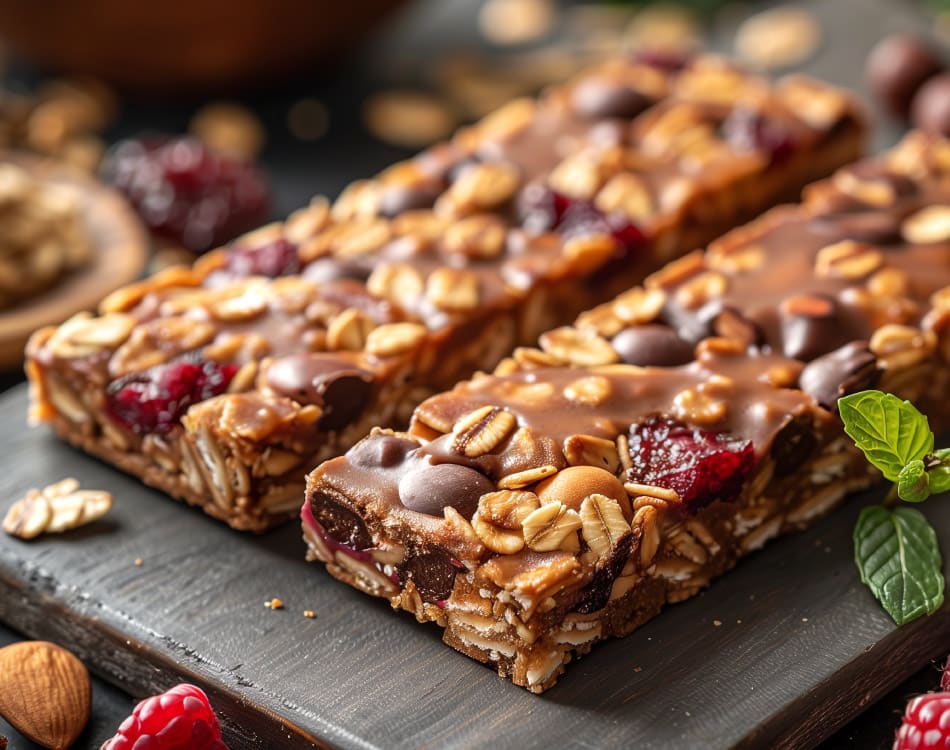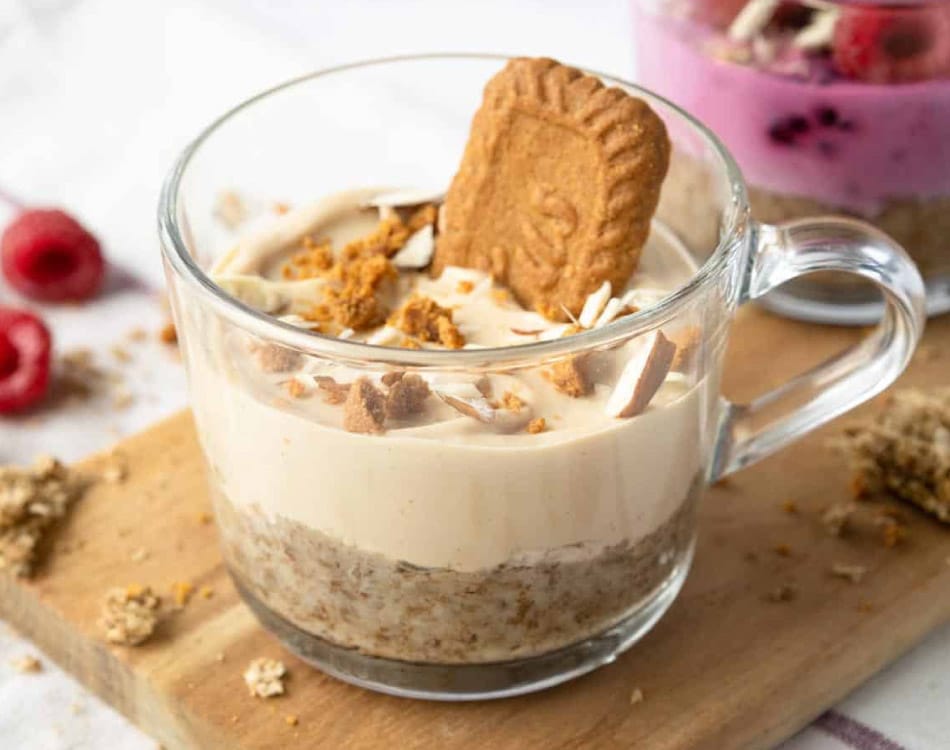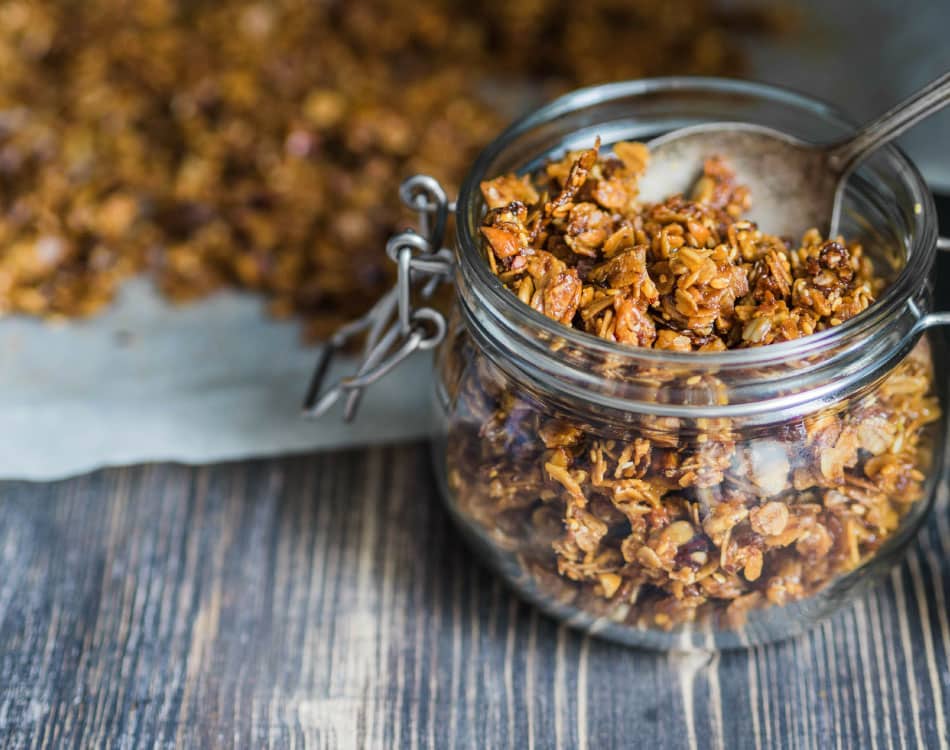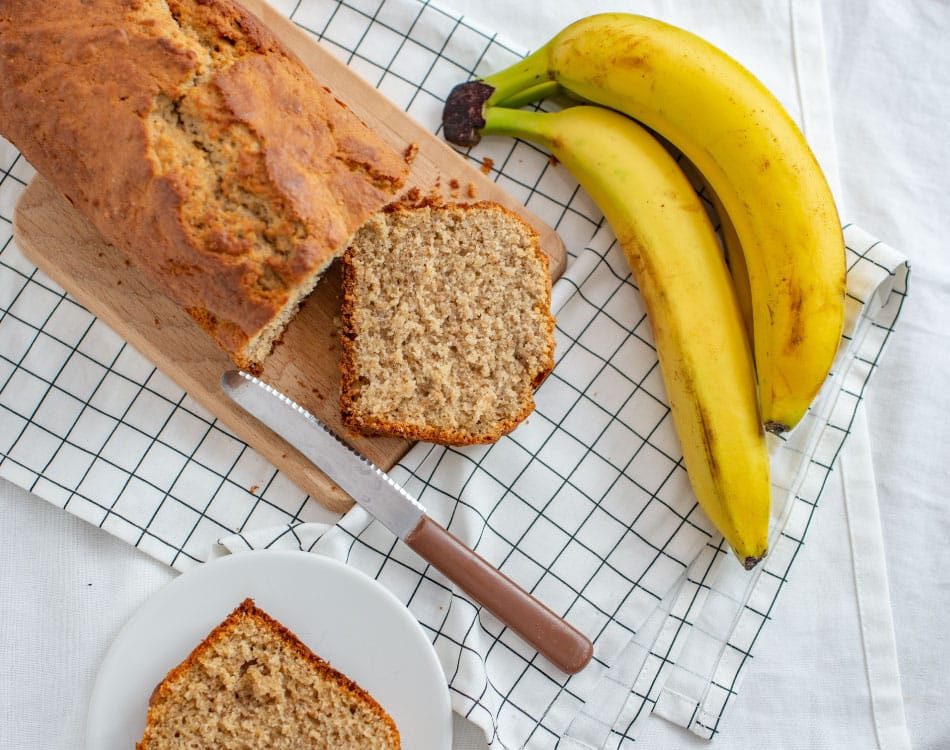Finding ways to hack your biology (known as biohacking) has become a popular self-improvement trend in recent years as people look for ways to create a healthier lifestyle.
While some hacks border on the bizarre and often ridiculous, others are grounded in science and offer legitimate benefits when applied in a holistic approach to a healthy lifestyle.
READ MORE | 5 Hacks To Boost Strength In The Gym
While these tips are not quick-fixes, these 5 hacks could possibly boost your results or help you derive more benefits from your diet and exercise regimen.
1. Include protein in every meal
When it comes to healthful eating or dieting, most people fixate on the carbohydrates or fats in their diet.
While many people understand how important protein is to the muscle-building and repair processes, there are other potential benefits from this important macronutrient.
For starters, protein is more satiating than carbohydrates. That means you can eat less and still feel full and satisfied1.
Importantly, adding protein to carbohydrate reduces the glycaemic response by delaying gastric emptying and stimulating insulin secretion2.
These effects have numerous possible implications for our health and nutrition, such as supporting the role of high protein diets to help manage diabetes2 by lowering the glycaemic load of meals.
Increasing your muscle mass, which requires adequate protein, can also help you lose or maintain your weight by increasing your resting metabolic rate.
2. Go cold turkey on sugar
Added and processed sugar is highly addictive and can damage our health and body in numerous ways when consumed in excess.
For instance, an excessive sugar intake is linked to conditions such as obesity, chronic systemic inflammation, hormonal imbalances, metabolic syndrome, various cancers, numerous cognitive diseases, including Alzheimer’s disease, high cholesterol and fatty liver disease3.
Thankfully, it seems you can start to reverse the negative effects of sugar consumption relatively quickly.
For instance, a study4 found that a 12-week intervention focused on decreasing added sugar intake had “the potential to reduce type 2 diabetes risk in overweight youth”.
Other short-term benefits reported by people who quit sugar include better sleep and more stable energy levels throughout the day, enhanced cognitive function and reduced brain fog, and better skin health.
To cut sugar from your diet, stop adding sugar to your food and beverages or during the cooking process, cut out all sugar-sweetened drinks and read food labels to determine how much sugar is in the packaged and manufactured foods you buy, then buy options with lower sugar contents or sugar-free options.
3. Move more and more often
The key to staying healthy is to rethink the idea of exercise. In addition to a designated workout slot, aim to get active as often as you can, including during down time. For example, consider turning off the TV and going for a walk around the block to relax.
Making movement part of your daily routine is an easy yet effective way to boost your fitness, metabolism and overall health.
According to Dr James Levine, everyday activities that are unrelated to exercise can burn an extra 2,000 calories a day when comparing people of similar sizes5. Dr Levine defined this phenomenon as non-exercise activity thermogenesis (NEAT) and continues to study it.
Also known as non-exercise physical activity (NEPA), NEAT is a measure of the calories (energy) you burn simply living your life. While these are usually classified as incidental activities that happen as part of the normal course of daily life, introducing more of them into your day as intentional activities can help to boost your metabolism.
Research suggests that burning more calories throughout the day and eating more food but remaining in a slight calorie deficit is a more effective way to lose weight.
A study6 on the phenomenon – known as high energy flux – explained that: “Maintaining energy balance at a higher caloric intake and expenditure should be a more successful long-term strategy for weight maintenance than reduced consumption or extreme caloric restriction at a low level of energy expenditure.”
In this regard, extended periods of low-grade activity is better at sustaining high calorie flux than short bouts of high-intensity exercise.
4. Multiple mini workouts
If your office job and daily schedule are too busy to keep moving around to boost your NEAT, try micro workouts.
These short bouts of easy activity or intense exercise performed periodically throughout the day, rather than in a single session, can also deliver health and fitness benefits.
Options range from a few reps between meetings or power-walking up the stairs at the office to two-, three- or 10-minute interval sessions incorporating 2-3 compound exercises before and after work and over lunch.
A growing body of research suggests that micro workouts can certainly deliver benefits. For example, a study7 published in 2022 determined that performing short ‘exercise snacks’ every day, rather than longer exercise sessions, was enough to improve metabolic health.
Another study8 determined that 20-second bursts of intense stair climbing offered “a practical, time-efficient strategy” to boost fitness levels and improve cardiorespiratory function (in previously untrained women).
The key is to vary the intensity and the total volume and frequency of these exercise snacks throughout the day.
5. Trick your hunger
For many people, sticking to a diet is the hardest part of a body or lifestyle transformation, particularly due to the hunger that accompanies a reduced calorie intake.
You can make this a less daunting task with simple diet hacks that help you suppress your appetite. Adding an appetite suppressant supplement like like Biogen Appetite Suppress or NPL Appetite Control can help to temporarily dull your hunger and increase the feeling of fullness.
You can also try one of the oldest hacks in the book – drinking a glass of water before a meal.
A study9 confirmed that drinking water before eating reduced the amount of food consumed. These results prompted researchers to conclude that pre-meal water consumption “may be an effective weight control strategy”.
Another study10 showed that drinking 568 ml of water before a meal decreased calorie intake and hunger while increasing fullness and satisfaction.
References
- Pontzer H, Yamada Y, Sagayama H, et al. Daily energy expenditure through the human life course. Science. 2021 Aug 13;373(6556):808-812. doi: 10.1126/science.abe5017. PMID: 34385400; PMCID: PMC8370708.
- Moghaddam, E. Vogt, J.A. Wolever, T. M. S. The Effects of Fat and Protein on Glycemic Responses in Nondiabetic Humans Vary with Waist Circumference, Fasting Plasma Insulin, and Dietary Fiber Intake,. The Journal of Nutrition, Volume 136, Issue 10, 2006, Pages 2506-2511, ISSN 0022-3166, https://doi.org/10.1093/jn/136.10.2506.
- Gillespie KM, Kemps E, White MJ, Bartlett SE. The Impact of Free Sugar on Human Health-A Narrative Review. Nutrients. 2023 Feb 10;15(4):889. doi: 10.3390/nu15040889. PMID: 36839247; PMCID: PMC9966020.
- Davis JN, Ventura EE, Shaibi GQ, Weigensberg MJ, Spruijt-Metz D, Watanabe RM, Goran MI. Reduction in added sugar intake and improvement in insulin secretion in overweight latina adolescents. Metab Syndr Relat Disord. 2007 Jun;5(2):183-93. doi: 10.1089/met.2006.0038. PMID: 18370826; PMCID: PMC2847394.
- Levine JA. Non-exercise activity thermogenesis (NEAT). Best Pract Res Clin Endocrinol Metab. 2002 Dec;16(4):679-702. doi: 10.1053/beem.2002.0227. PMID: 12468415.
- Hand GA, Shook RP, Hill JO, Giacobbi PR, Blair SN. Energy flux: staying in energy balance at a high level is necessary to prevent weight gain for most people. Expert Rev Endocrinol Metab. 2015 Nov;10(6):599-605. doi: 10.1586/17446651.2015.1079483. Epub 2015 Aug 20. PMID: 30289030.
- Exercise Snacks: A Novel Strategy to Improve Cardiometabolic Health, Exerc Sports Sci Rev. 2022 Jan 1;50(1):31-37. doi: 10.1249/JES.0000000000000275. https://pubmed.ncbi.nlm.nih.gov/34669625/.
- Med Sci Sports Exerc, Brief Intense Stair Climbing Improves Cardiorespiratory Fitness, 2017 Feb;49(2):298-307. doi: 10.1249/MSS.0000000000001188. https://pubmed.ncbi.nlm.nih.gov/28009784/
- Jeong JN. Effect of Pre-meal Water Consumption on Energy Intake and Satiety in Non-obese Young Adults. Clin Nutr Res. 2018 Oct;7(4):291-296. doi: 10.7762/cnr.2018.7.4.291. Epub 2018 Oct 31. PMID: 30406058; PMCID: PMC6209729.
- Corney RA, Sunderland C, James LJ. Immediate pre-meal water ingestion decreases voluntary food intake in lean young males. Eur J Nutr. 2016 Mar;55(2):815-819. doi: 10.1007/s00394-015-0903-4. Epub 2015 Apr 18. PMID: 25893719.
















